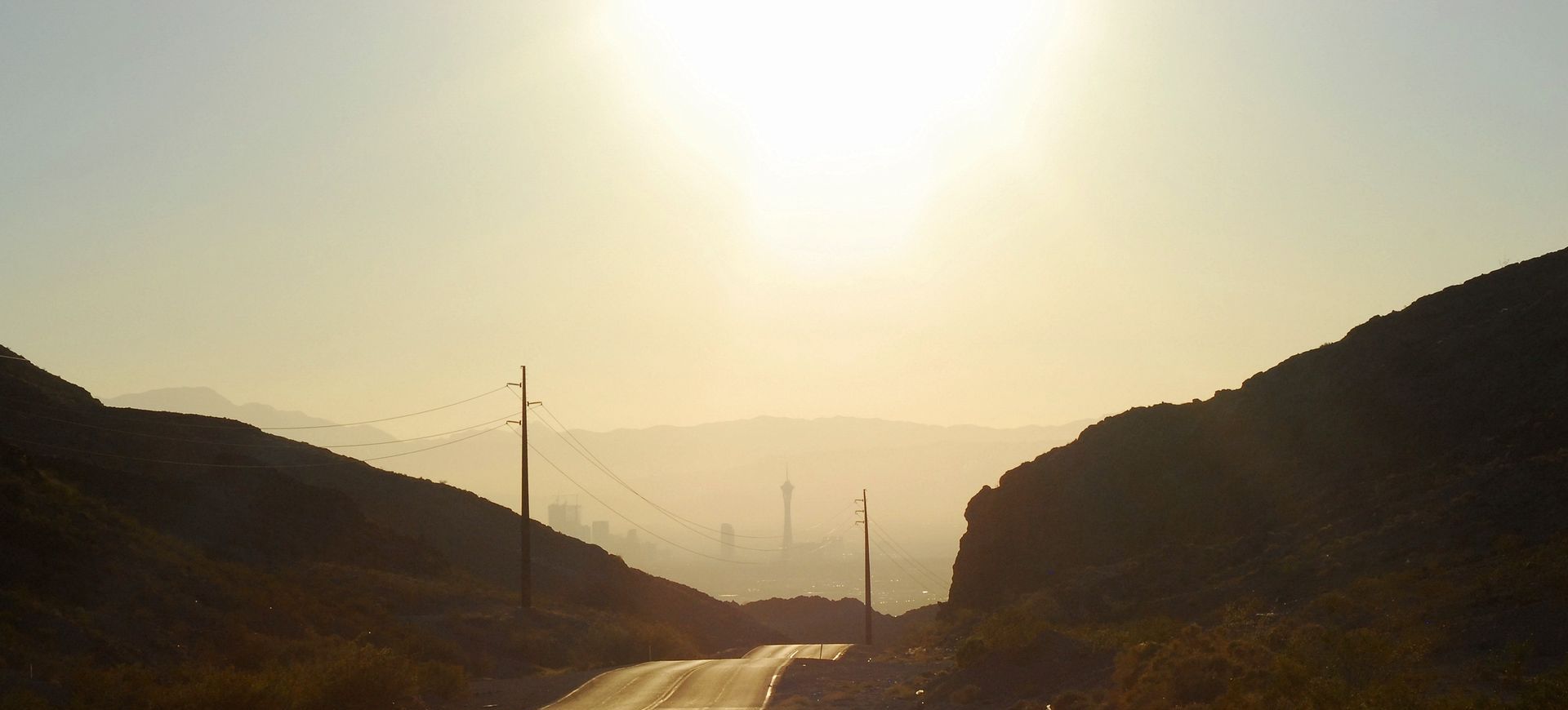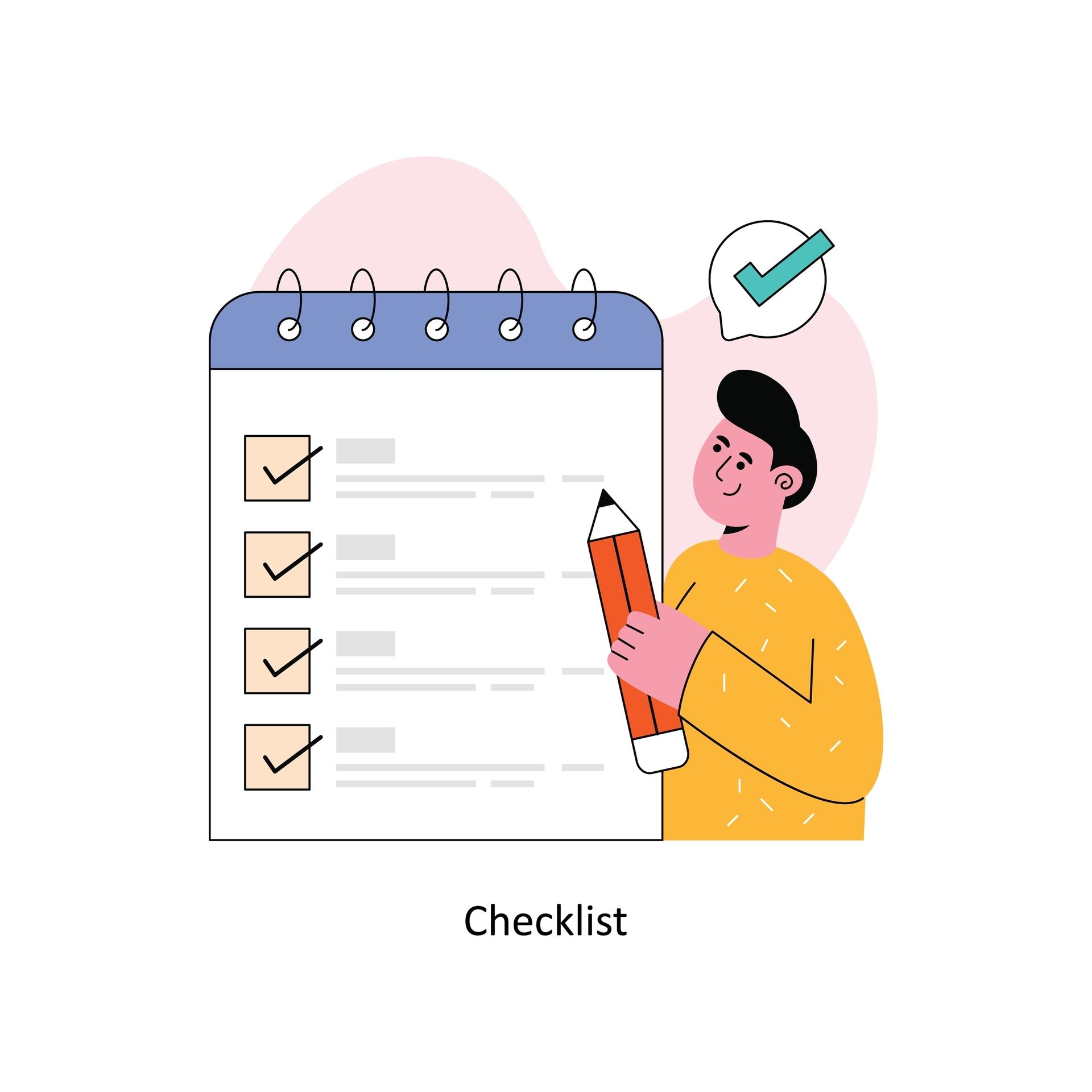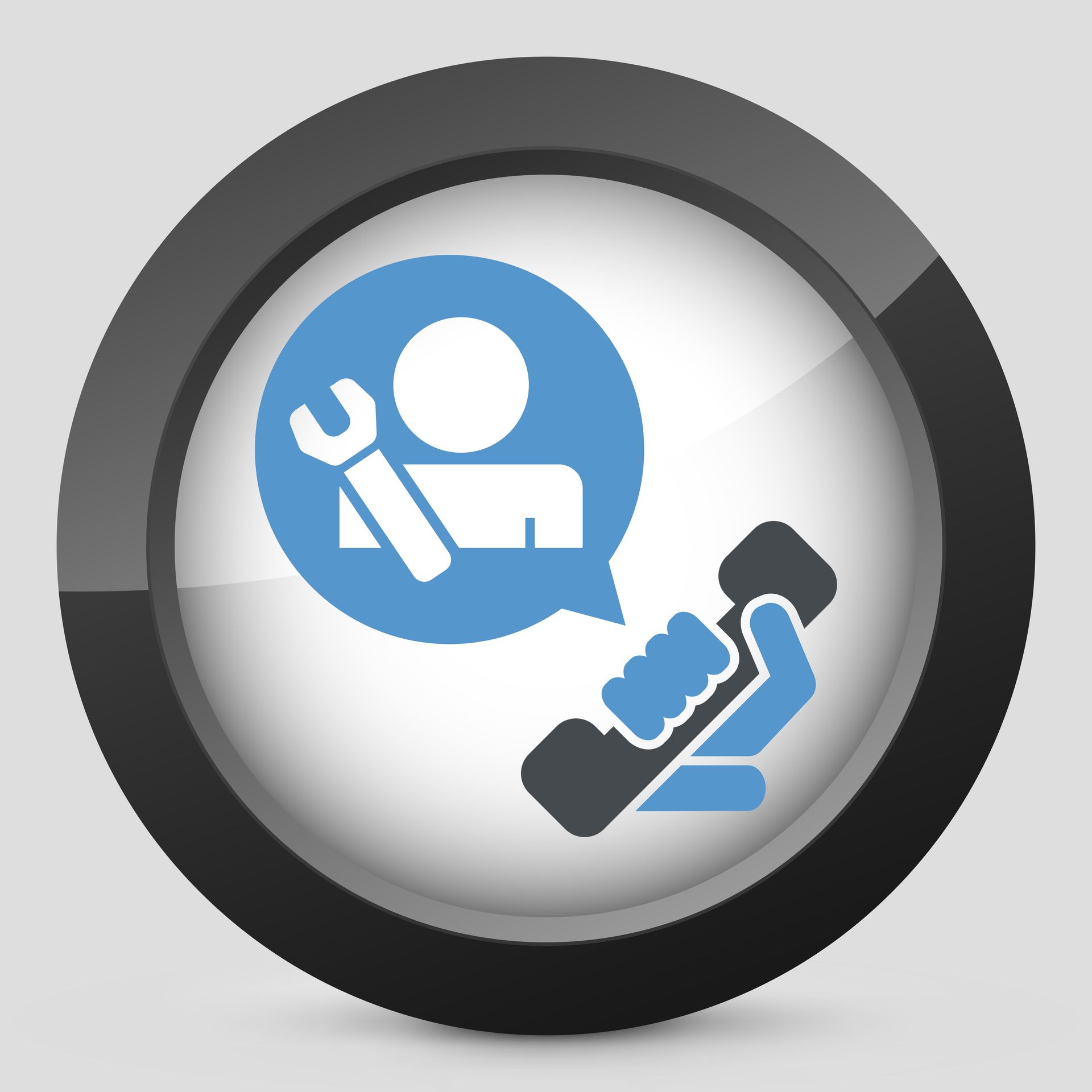Beat the Heat! Stay Cool as the Summer Starts
Tips to Stay Cool During a Las Vegas Heat Wave

Las Vegas, renowned for its dazzling lights and bustling casinos, also boasts one of the hottest climates in the United States. During a heat wave, temperatures can soar well above 110°F (43°C), posing significant challenges to both residents and visitors. Staying cool in such extreme conditions requires a combination of smart planning, practical strategies, and an understanding of how to protect yourself from the oppressive heat. Here are some essential tips to help you stay cool and safe during a Las Vegas heat wave.
Stay Hydrated
Hydration is key. In extreme heat, your body loses fluids rapidly through sweat, and failing to replace these fluids can lead to dehydration, heat exhaustion, or even heat stroke. To combat this, make it a habit to drink water throughout the day, aiming for at least 8-10 glasses, and even more if you are active. Carry a refillable water bottle with you, and consider drinking electrolyte solutions if you're sweating heavily. Avoid drinks that can dehydrate you, such as those containing caffeine and alcohol, as they increase urine output and exacerbate dehydration.
Wear Appropriate Clothing
Light, loose-fitting clothing is essential for staying cool in the heat. Choose breathable fabrics like cotton or linen that allow sweat to evaporate, providing a cooling effect. Loose clothing also promotes better air circulation around your body, enhancing cooling. Opt for light-colored clothes as they reflect, rather than absorb, the sun's rays, reducing heat absorption. Accessories like wide-brimmed hats and sunglasses can protect your face and eyes from direct sunlight, further helping you stay cool.
Seek Shade and Air Conditioning
Minimize exposure to direct sunlight by staying indoors during peak heat hours, typically between 10 a.m. and 4 p.m. When outdoors, seek shade as much as possible. Utilize air-conditioned environments like shopping malls, libraries, and cinemas to cool down. If you need to be outside, take frequent breaks in the shade or air-conditioned spaces to allow your body to cool down. Public places with air conditioning can provide much-needed relief, especially if your home is not well-cooled.
Use Sunscreen
Protect your skin by applying broad-spectrum sunscreen with an SPF of 30 or higher. UV rays from the sun can cause sunburn, which impairs your skin's ability to regulate temperature and can lead to dehydration. Apply sunscreen generously to all exposed skin 15-30 minutes before going outside, and reapply every two hours, or more frequently if you're swimming or sweating. Don't forget areas like your ears, neck, and the tops of your feet, which are often overlooked.
Plan Outdoor Activities Wisely
Engage in outdoor activities early in the morning or late in the evening when temperatures are cooler. Limit strenuous activities during peak heat hours to reduce the risk of heat-related illnesses. If you must exercise, do so in shaded areas or opt for indoor activities in air-conditioned spaces. Always listen to your body; if you start to feel dizzy, lightheaded, or excessively sweaty, take a break and hydrate.
Keep Your Living Space Cool
Optimize your home environment by using air conditioning, fans, and blackout curtains to keep your living space cool. If you don't have air conditioning, consider spending time in public places that do. Use fans strategically; placing a bowl of ice in front of a fan can create a cooling breeze. Close curtains or blinds during the hottest part of the day to block out the sun, and open windows in the evening when temperatures drop to allow cooler air to circulate.
Eat Light and Stay Cool
Choose lighter meals that are easier to digest, such as salads and fruits. Heavy, hot meals can increase your body temperature. Additionally, enjoy cold treats like ice cream or popsicles to help lower your body temperature. Eating smaller, more frequent meals can also help keep you cool. Foods with high water content, such as cucumbers, watermelon, and leafy greens, can aid in hydration and help maintain your body's cooling mechanisms.
Stay Informed
Monitor weather forecasts and heat advisories. Stay informed about the heat index and any warnings issued by local authorities. Knowing the forecast can help you plan your activities and stay safe. Many weather apps provide real-time updates and alerts for extreme weather conditions. Local news outlets also provide valuable information on cooling centers and emergency measures during heat waves.
Use Cooling Products
Explore cooling products such as cooling towels, misting fans, and portable air conditioners. These can provide instant relief from the heat. Cooling towels can be soaked in water and placed around your neck or wrists to lower your body temperature. Misting fans can provide a refreshing spray of water, and portable air conditioners can be used to cool specific areas in your home. Carry a spray bottle filled with water to mist your face and neck when you feel overheated.
Look Out for Vulnerable Individuals
Check on the elderly, children, and pets, as they are more susceptible to heat-related illnesses. Ensure they are staying cool and hydrated. Never leave children or pets in parked vehicles, as temperatures can rise dangerously high within minutes. Make sure they have access to plenty of water and a cool environment. Elderly individuals may not sense heat changes as quickly and can be at greater risk, so check on them regularly and help them stay cool.
Recognizing Heat-Related Illnesses
Be aware of the signs of heat exhaustion and heat stroke. Symptoms of heat exhaustion include heavy sweating, weakness, dizziness, nausea, and headaches. If you or someone else exhibits these symptoms, move to a cooler place, drink water, and rest. Heat stroke is more severe, with symptoms such as high body temperature, confusion, rapid pulse, and possible unconsciousness. Seek immediate medical attention if heat stroke is suspected. It's crucial to act quickly, as heat stroke can cause permanent damage or even be fatal.
Battling the heat in Las Vegas during a heat wave requires vigilance and proactive measures. By staying hydrated, wearing appropriate clothing, seeking shade, and using air conditioning, you can significantly reduce the risks associated with extreme heat. Stay cool, stay informed, and take care of yourself and those around you to enjoy all that Las Vegas has to offer, even in the height of summer.





